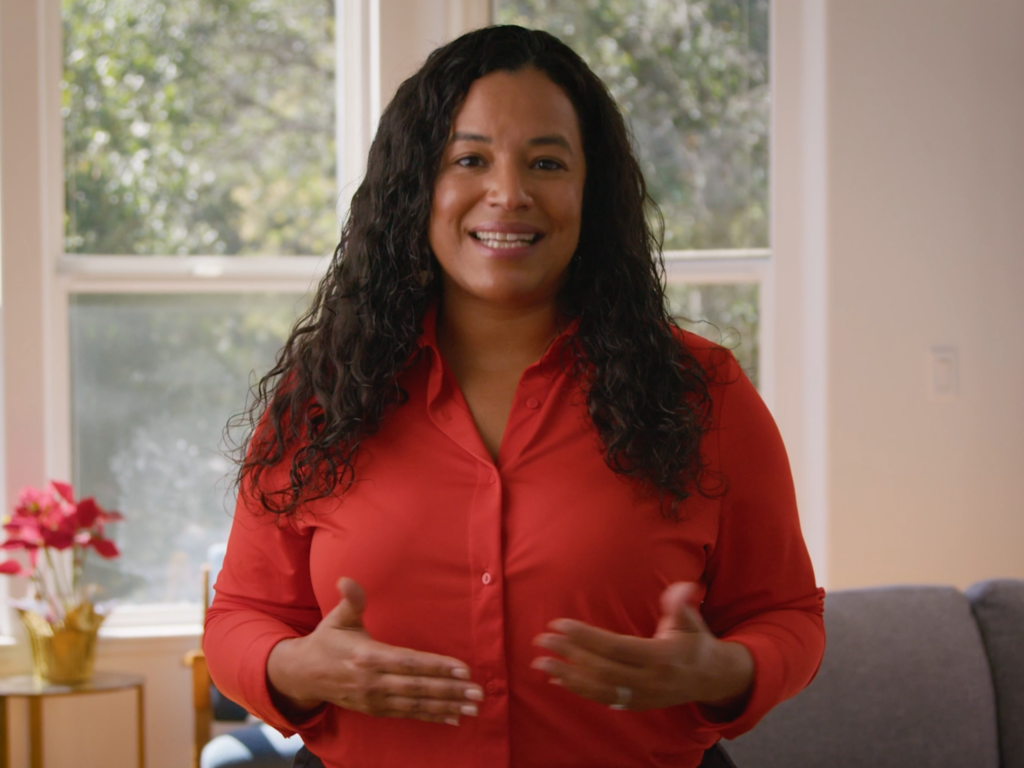 Last weekend, we celebrated my son’s seventh birthday. After we finished singing both versions of “Happy Birthday” — the traditional one and Stevie Wonder’s version — I watched him make a wish and blow out the candles. In that moment, I made a wish for him, too.
Last weekend, we celebrated my son’s seventh birthday. After we finished singing both versions of “Happy Birthday” — the traditional one and Stevie Wonder’s version — I watched him make a wish and blow out the candles. In that moment, I made a wish for him, too.
I’m the mother of three wonderful children — each with a separate set of gifts and challenges. While they are all very different people, I want the same thing for all of them: to lead happy, fulfilled lives. That’s my wish for them. When they reach adulthood, I want them to be prepared to pursue their most ambitious dreams and plans. But how do I know if they are being well prepared?
The grades they bring home could be one indicator, but what if the grades are masking what my child is not learning? Standardized test scores could also be an indicator, but while they provide important data, they don’t paint a full picture of my child. How do I know if my child is learning to work collaboratively or solve problems independently? How do I know if my child has slipped out of a growth mindset when facing a challenging new math concept? How do I measure whether my child is in an environment that affirms his identity and nurtures his spirit?
These are questions that run through my mind often, both as a mom and as an ed tech investor. As a managing partner at NewSchools Venture Fund, I invest in ventures that develop promising ed tech products to support student learning.
That’s why I’m especially interested in the products that will come from our next ed tech challenge. Today, we launch the Expanded Definition of Success Challenge. We’re looking for entrepreneurs who are developing new solutions, like tech-enabled learning experiences and tech tools that promote a strong academic foundation along with the other mindsets, skills and habits students need for success. Applications are due March 12.
As with all our ed tech challenges, we focus on an area that is ripe for more innovation. We look for places where our investments can spur product growth that aligns with classroom needs. While the ed tech markets have grown rapidly in some areas, there are still significant gaps in some critical areas of student need. We want to spur product growth and effectiveness in these areas identified by teachers and students as lagging in innovation.
Of course, ed tech alone isn’t going to solve all the issues. But our conversations with educators and researchers revealed several ways technology might enhance efforts to increase equity and improve academic outcomes by supporting the development of social-emotional competencies as well as improvements in school culture and climate.
We expect our challenge winners will address one or more critical areas of student need:
- Promoting school readiness and skills that enable successful school transitions;
- Integrating social-emotional development into core academic learning;
- Enabling new ways to measure and analyze an expanded set of student outcomes; and
- Building teachers’, parents’, and communities’ capacity to support an expanded definition of student success.
The focus of this challenge builds on what we are learning from schools in our Innovative Schools portfolio who are also working to identify and measure an expanded definition of student success. And it supports what education leaders across the country are calling for.
I am excited to see what ed tech entrepreneurs bring to life— for all children, and for my own. I know that I am not alone in wanting tools like this. Millions of other parents are looking for the same thing because we all have the same wish for our children: to have happy and fulfilled lives.


